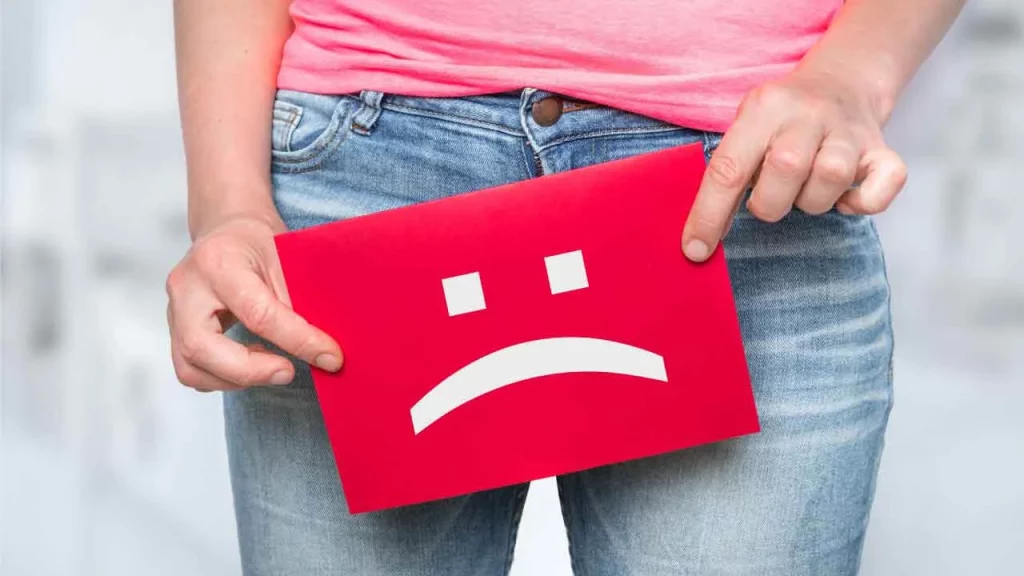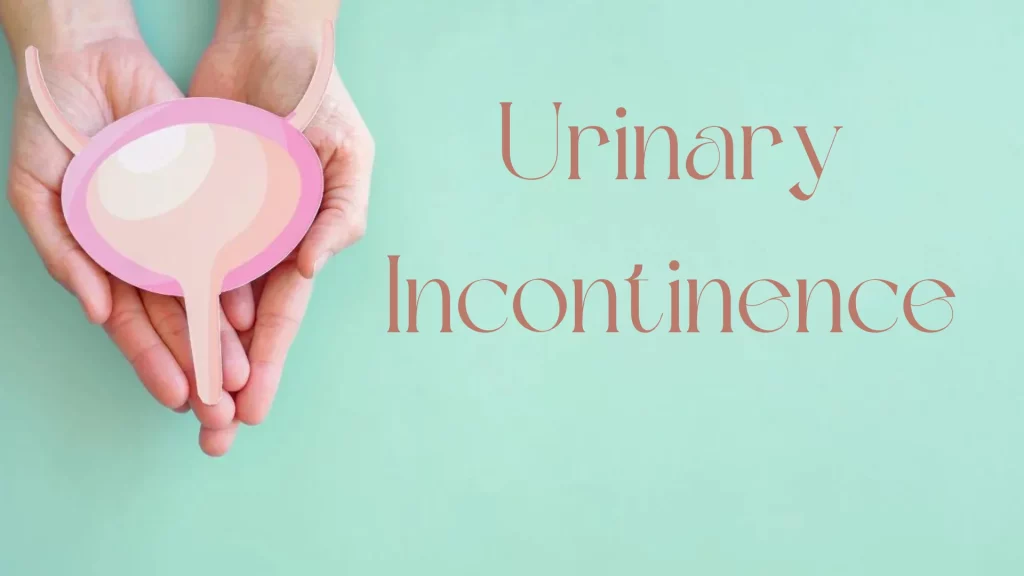Urinary incontinence, often known as loss of bladder control, is a common and quite often rather embarrassing disease that affects very many people all over the world. It develops when the bladder suffers from a lack of control and this results in loss of urine, ranging from rare to frequent too severe. The article covers the possible causes, symptoms, diagnosis, treatment options, and coping strategies to live with and handle the condition as well as tips for its prevention.

Types of Urinary Incontinence
Stress Urinary Incontinence
Stress dissoluteness most often takes place at the time when the pressure is built up inside the urinary tract – for example – coughing, sneezing, laughing, etc.
Urge Incontinence
So-called urge incontinence is the condition, when somebody has a spontaneous and urgent need to urinate, and as a result loses a few drops of urine. It goes along with the involuntary contraction of muscle.
Overflow Incontinence
Overflow incontinence is the result of the previous urine overflowing from the bladder instead of emptying from it fully.
Mixed Incontinence
Mixed dissoluteness is a combination of different types of urinary dissoluteness, often stress and urge incontinence occurring together.
Causes and Risk Factors For incontinence
The urinary dissoluteness is caused by numerous reasons that range from the urinary tract infections and the neurological disorders to the weakening of the pelvic floor muscles, nerve damage, and the influence from some medications, too. Factors that increase the risks of getting infected are age, gender, pregnancy and childbirth, being obese, and having medical conditions or undergone surgery.
Symptoms and Signs For incontinence
Symptoms of urinary incontinence may include frequent urination, urgency to urinate and urine leakage during physical activities, difficulty emptying the bladder, and nocturnal enuresis (bedwetting).
Diagnosis For incontinence
The diagnosis for urinary dissoluteness management includes obtaining comprehensive medical and obstetric histories, performing both physical and urine tests as well as carrying out additional diagnostic assessments like urodynamic studies, cystoscopy and varied imaging tests to find the cause and the level of severity.
Treatment Options
Treatment options in this matter are differentiated by the nature of the incontinence, the degree and the root cause. They may include:
Management Strategies
In addition to medical treatments, management strategies for urinary dissoluteness may include behavioral techniques, such as scheduled voiding, double voiding, and bladder control strategies, as well as the use of absorbent products or protective garments to manage leakage.
Living with Urinary Incontinence

Living with urinary incontinence might be very cumbersome, but lucky us, it is treatable and you can keep a good quality of life while coping with it. Measures may involve putting together a bladder diary, doing pelvic floor exercises on a daily basis, avoiding bladder irritants or swimming regularly, and reaching out to a healthcare practitioner, a support group or a counselor for emotional support.
Prevention Tips
Although all the cases of urinary incontinence cannot be prevented, individuals can take some steps to either reduce their risk or alleviate the symptoms, they include keeping a healthy weight, staying hydrated, avoiding bladder irritants, practicing good toilet habits, and seeking prompt treatment for urinary tract infections or other underlying conditions.
Importance of Seeking Medical Advice

Seeking medical advice from a healthcare professional is imperative for patients who are enduring urinary dissoluteness issues as it would provide a diagnosis about the condition which may have arisen due to the underlying health problems that has to be addressed. Timely diagnosis and the use of the best therapeutic approaches often contribute to the alleviation of the symptoms and prevention of the development of complications.
Impact on Quality of Life
Urinary dissoluteness may be one of the factors that can reduce patients’ quality of life besides physical, emotional and social wellbeing. It can bring about an immense amount of shame, anxiety, social isolation, and limitation in day-to-day activities. Whilst management and support are key, a lot of the people with urinary dissoluteness can lead active and satisfying lives.
Support and Resources
A number of resources and supports are available for individuals experiencing urinary dissoluteness including educational materials, support groups, online forums, and urologist or pelvic floor disorders health professionals. Seeking support and information will help people be better aware of their condition enabling them to access appropriate care-giving and resources.
Conclusion
Urinary dissoluteness is a common and an easily curable situation that people of all ages and sex can get affected by. Causes, symptoms and treatments may be known to many, but people are able to make the best of the situation only when they take the right steps to fight the malady, improve their quality of life and are open for support that protects them from losing self-confidence.
FAQs
FAQ 1: Does urinary dissoluteness affect the common people of this society regardless of their age?
Yes, this condition can occur to people representative of various age groups, with age being more of a risk factor.
FAQ 2: How many women’s fasten urinary dissoluteness?
Urinary dissoluteness is more common among women, especially before the delivery periods, after delivery, and during menopause maintenance.
FAQ 3: Is urinary incontinence a symptom of old age which cannot be prevented?
Though older people often experience urine incontinence, its occurrence is not a normal part of the aging process and therefore a medical specialist must examine it.
FAQ 4: Can the urinary incontinence be cured one hundred percent?
In certain cases of urinary dissoluteness can be fundamental cured or significantly improved by treatment, whereas others need the applied management to control the symptoms only.
FAQ 5: Do naturally available remedies exist to deal with it?
Both some people might find relief through pelvic floor exercises, dietary modifications, or herbal supplements as their own natural remedy, but they would need health care provider consultation first before taking any alternative treatment methods.




















